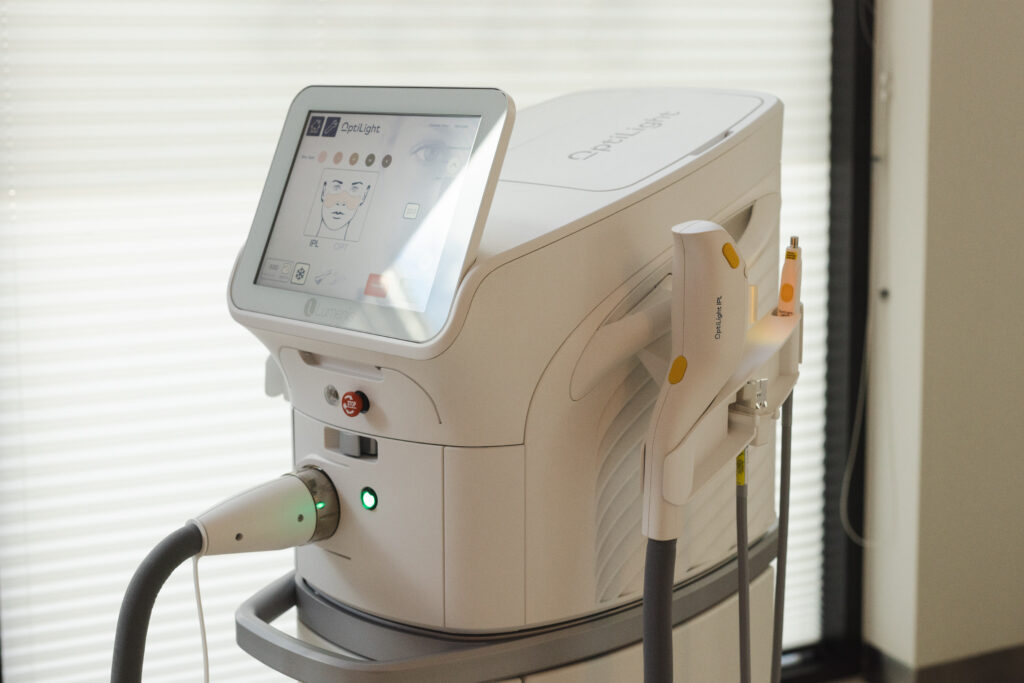How do we stand out in the treatment of dry eye disease comparing to Europe?22.11.2022
Recently, a webinar took place with the participation of our eye center employees and Aston University Professor James S. Wolffsohn. The professor introduced us to how dry eye syndrome patients are diagnosed and treated in the United Kingdom. Therefore, it is worth considering how our work looks against the European background - are we lagging behind in the treatment of dry eye in Europe or are we also involved in innovation?
Professor Wolffsohn is a member of the European group of dry eye specialists, who work on developing guidelines for the diagnosis and treatment of this problem throughout Europe. In Europe, the OSDI questionnaire is used for diagnosis, and tear film evaporation is preferably measured with technical means in order to avoid influencing the chemical composition and amount of tears, as has been done so far. Professor Wolffsohn was pleased to hear that at the Kreutzwaldi Eye Center, we use the Antares device for diagnosis, which provides a good overview of tear evaporation, the state of the Meibomian glands, and tear meniscus height.
In the use of artificial tears, we were all in agreement that preservative-free preparations should be preferred. In Estonia, patients often ask how often artificial tears should be used. Professor Wolffsohn explained that they can be used as often as the person feels the need. In case of eye tingling, itching, and redness, drops should be administered at least four times a day, and the effect may not appear immediately.
If there is no improvement after a month, treatment moves on to the next stage, which is already prescription drugs: antibiotic, steroid, and immunomodulator drops, which are all prescribed by our doctors. In addition, eyelid cleaning, warm compresses, and the recently introduced intense light pulse therapy (IPL) are important.
Professor Wolffsohn was pleasantly surprised that the Kreutzwaldi Eye Center uses the OptiLight device, specially developed for eye treatment, which is the latest technology.
It seems that we are still keeping up with innovation.
[caption id="attachment_3180" align="alignnone" width="1024"] At the Kreutzwaldi Eye Center, we use the OptiLight device, specially developed for eye treatment.[/caption]
At the Kreutzwaldi Eye Center, we use the OptiLight device, specially developed for eye treatment.[/caption]
 At the Kreutzwaldi Eye Center, we use the OptiLight device, specially developed for eye treatment.[/caption]
At the Kreutzwaldi Eye Center, we use the OptiLight device, specially developed for eye treatment.[/caption]